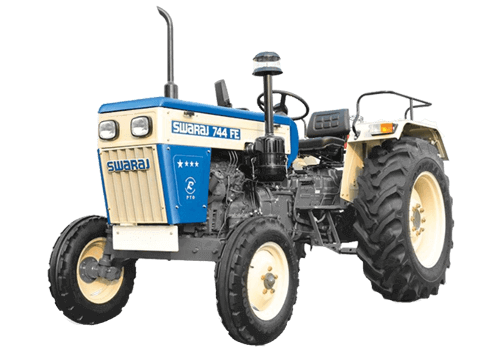Introduction
The tractor has had a significant impact on farming and agriculture. Few other devices compare. Tractors have completely changed how we produce crops, maintain our property, and carry out a variety of other tasks. In this article, we'll delve into the world of tractors and examine their development, uses, and how to choose the right one for your requirements.
A Brief History of Tractors
Since the invention of tractors, much has changed. These powerful computers have evolved in a way that is truly amazing. Tractors have consistently changed to meet the demands of contemporary agriculture, beginning in the 19th century as steam-powered giants and progressing to sleek, high-tech models today.
The Many Roles of Tractors
Tractors are versatile workhorses on the farm. They serve various functions, making them indispensable for both small-scale and large-scale farming operations:
- Plowing: Tractors are essential for preparing fields by breaking up soil and creating furrows for planting seeds.
- Planting: Modern tractors are equipped with precision planting technology, allowing farmers to sow seeds with accuracy and efficiency.
- Harvesting: Combine harvesters, often towed by tractors, can quickly and efficiently gather crops like wheat, corn, and soybeans.
- Transportation: Tractors are used to haul equipment, produce, and even livestock from one part of the farm to another.
- Crop irrigation: To ensure that crops receive the water they require, tractors can be equipped with specialised attachments.
- Landscaping: Beyond farming, tractors are utilized for landscaping tasks like grading, digging, and moving heavy materials.
